Holiday season, culminating roundabout the time of the December solstice, is celebrated in some shape or form all over the world. In some countries and cultures, it comes with religious connotations, others simply embrace the festive spirit of giving, sharing and spending time with family.
No matter where you live, and whether you celebrate Christmas, Hanukkah, Yule, Kwanzaa or Festivus, you’ll want the kids to get into the spirit. Thanks to tons of presents, sweet treats and excitement generated through advertising, even our youngest understand that it’s a special time of year. Make sure they understand why by creating experiences to share as a family.
Light Up The Dark
Whether you’re celebrating a religious tradition or having purely secular festivities, give your offspring an idea of the wider cultural significance that this special time of year holds. In the Northern Hemisphere, bringing light into the darkest time of the year was always of spiritual importance. Pagan rituals sought to illuminate the dark, both literally and figuratively, way before Christianity adopted similar symbols.
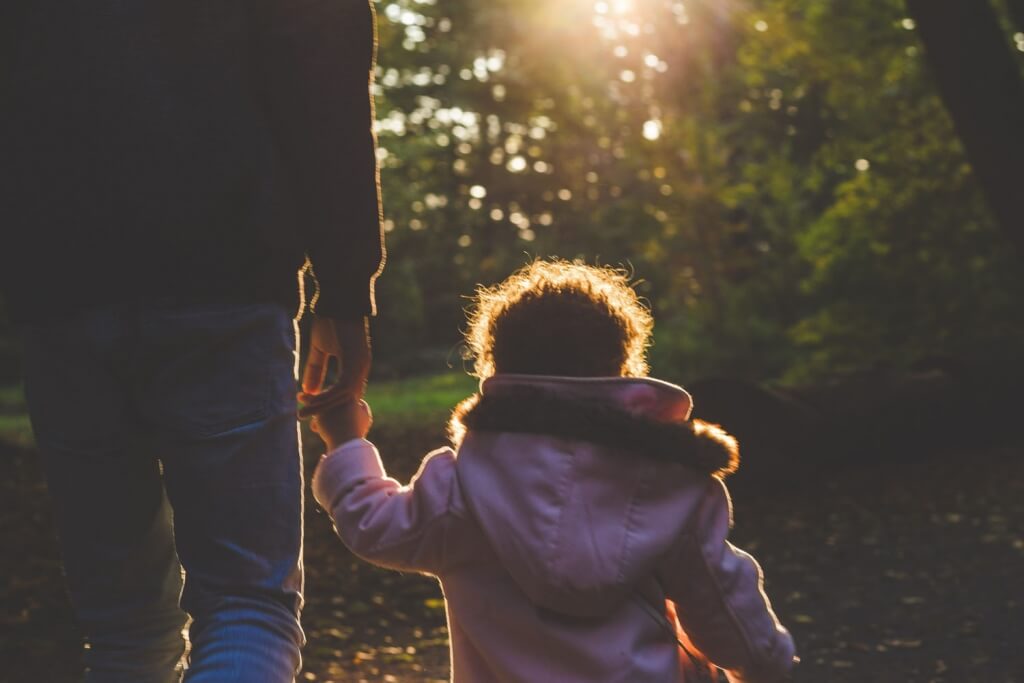
Start the shortest day of the year by watching the sunrise together in a remote, scenic location (maybe even at a pagan site like Stonehenge, if you happen to live near one) and end the day by building a bonfire together after dark. The kids will love the sense of adventure and will understand how important it must have been for people to mark this occasion before the advent of electric lighting.
Discover The Stars
A day out, experiencing the natural light of day and human-made fire will help your kids appreciate the deeper meaning behind the festive season and understand the common threads running through cultural and religious narratives. The experience also doubles up as a handy natural science lesson, as children feel the impact the position of the sun relative to planet earth has on our seasons.

In the Northern Hemisphere, being outside in the cold, watching the sun rise late and set early, creates the perfect surroundings for a fascinating exploration of our solar system. If you’re in the Southern Hemisphere enjoying long days and hot weather, you can reverse the lesson by pointing out that half of the world’s population is currently experiencing the exact opposite.
Spend Time With Loved Ones
No matter what you’re celebrating, socialising is an integral part of the festive season. In Northern European cultures in particular, this goes beyond immediate family. Visiting the home of a friend is a popular tradition between Christmas and New Year’s Eve. In some parts of Germany, it is customary to visit local homes to admire their seasonal decorations – and receive schnapps in return. In Greece the first friend to cross the threshold on New Year’s Day brings good luck.
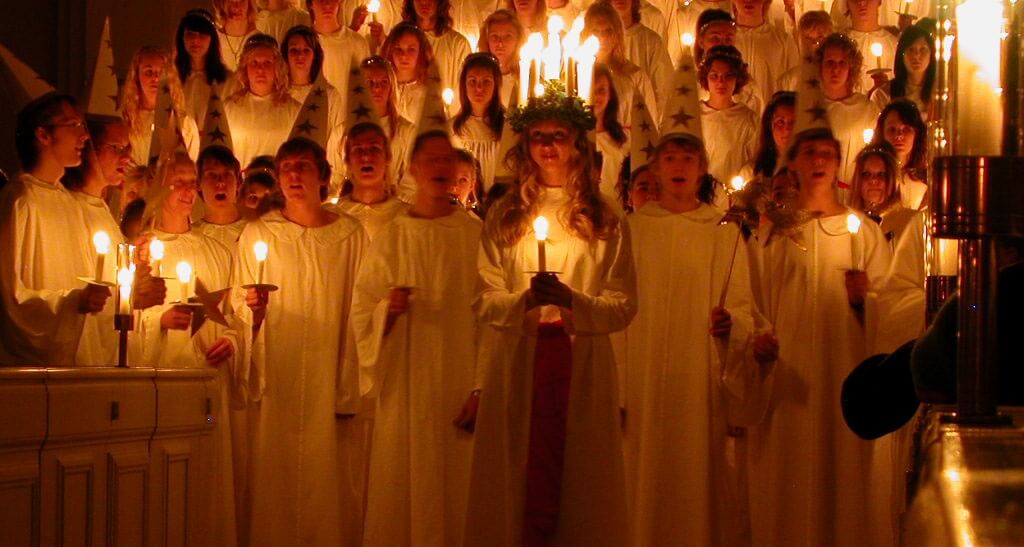
In Scandinavia, St. Lucia’s Feast is a popular occasion to celebrate with friends before disbanding for the family celebrations, and in the British Isles, Boxing or Stephen’s Day are reserved for social calls. If you don’t live in a country where you’re expected to call in on friends and neighbours uninvited, pre-arrange mutual visits or invite everyone to your house for a potluck dinner.
Sing Your Hearts Out
Another popular tradition in many countries that can easily be adapted into an interfaith or secular family tradition is carolling. Singing catchy “Christmas” tunes is a great way to get everyone into the spirit, whether they refer to the religious feast or not. Join a local charity and go carolling with a group or attend a Christmas carol service in silly sweaters.
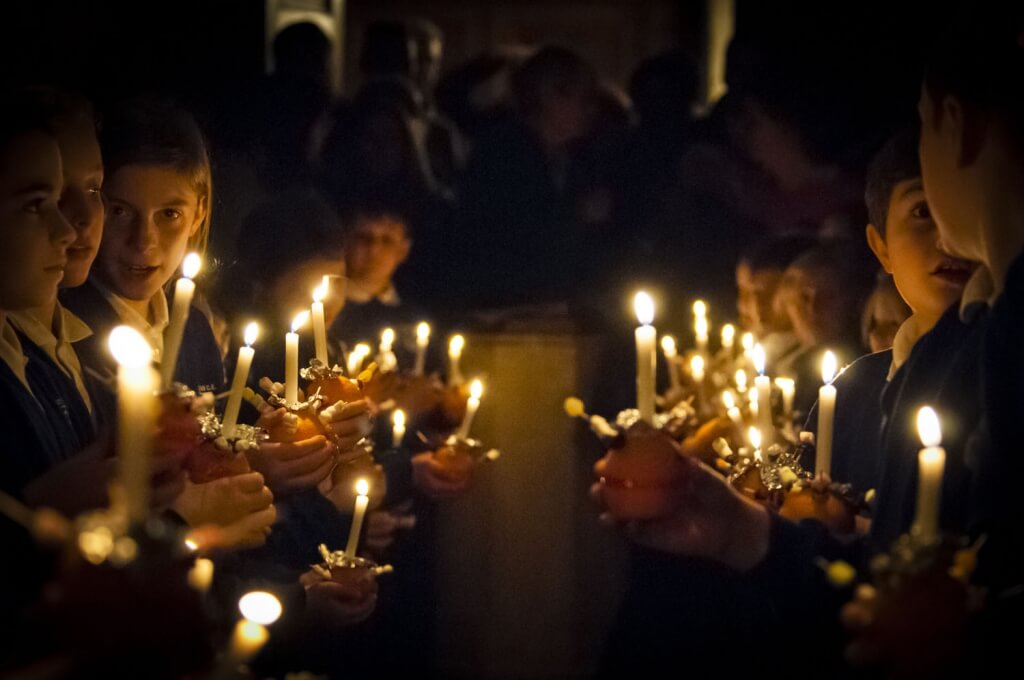
If actually leaving your house to sing in front of friends or strangers is out of the question, simply do it in your own home. That way, everyone can choose their favourite tunes, and no one has to worry about singing off-key. If musical talent is in short supply, rent a karaoke machine or play Festive Fun on SingStar (yes, they have “Last Christmas”!)
Get Crafty
Nothing sets the mood better than festive decorations, especially if you turn it into an occasion. Make the youngest in the family feel special by letting them “help”, even at the risk of a smashed bauble or two.

Teach the little ones a lesson in sustainability by foregoing the traditional Christmas tree. Instead, buy a potted indigenous plant that can later find a place in your garden, a public park or the forest (some municipalities or local nurseries have special programmes in place to facilitate this). If you start early, you can make it a DIY project, building a tree from upcycled wood, used books or even loo rolls.
Make Sweet Treats
Baking and decorating special cookies also adds to the atmosphere – and saves a fortune in scented candles. A simple recipe for cut-out cookies is ideal for younger children. They can let their imaginations run wild with icing, sprinkles and decorations, and you can set aside some of the masterpieces as home-made gifts for friends and family.
Show That Sharing Is Caring
To foster an appreciation for possessions both old and new, explain that for each gift received, an old toy will be re-gifted to a charity. Decluttering before gift-giving can be a fun, shared task and can help children rediscover long-forgotten toys or realise that they are too old for others. Taking the rejects to an orphanage or a daycare centre in an underprivileged area will also help them understand that others are less fortunate. Check in advance where toys are needed and whether a personal visit is possible and desirable. Once the new presents have arrived, have some kids over for a festive playdate to put all those new toys to good use and impress the importance of sharing joy by sharing possessions.
Teach The Joy Of Giving
It doesn’t take much to get kids amped up about receiving gifts. Giving to others is a more complex, but ultimately more rewarding concept. Many people want to “give back” at a time when they are feeling grateful for all that they have, which is a wonderful sentiment. However, simply rocking up at your local soup kitchen one Sunday in December is hardly going to have a meaningful impact, and you’re more likely to be a nuisance than a help. Ask yourself whether there is any way you can turn a one-off lesson in altruism into more than just a hollow gesture – and make the spirit of the festive season last all year.

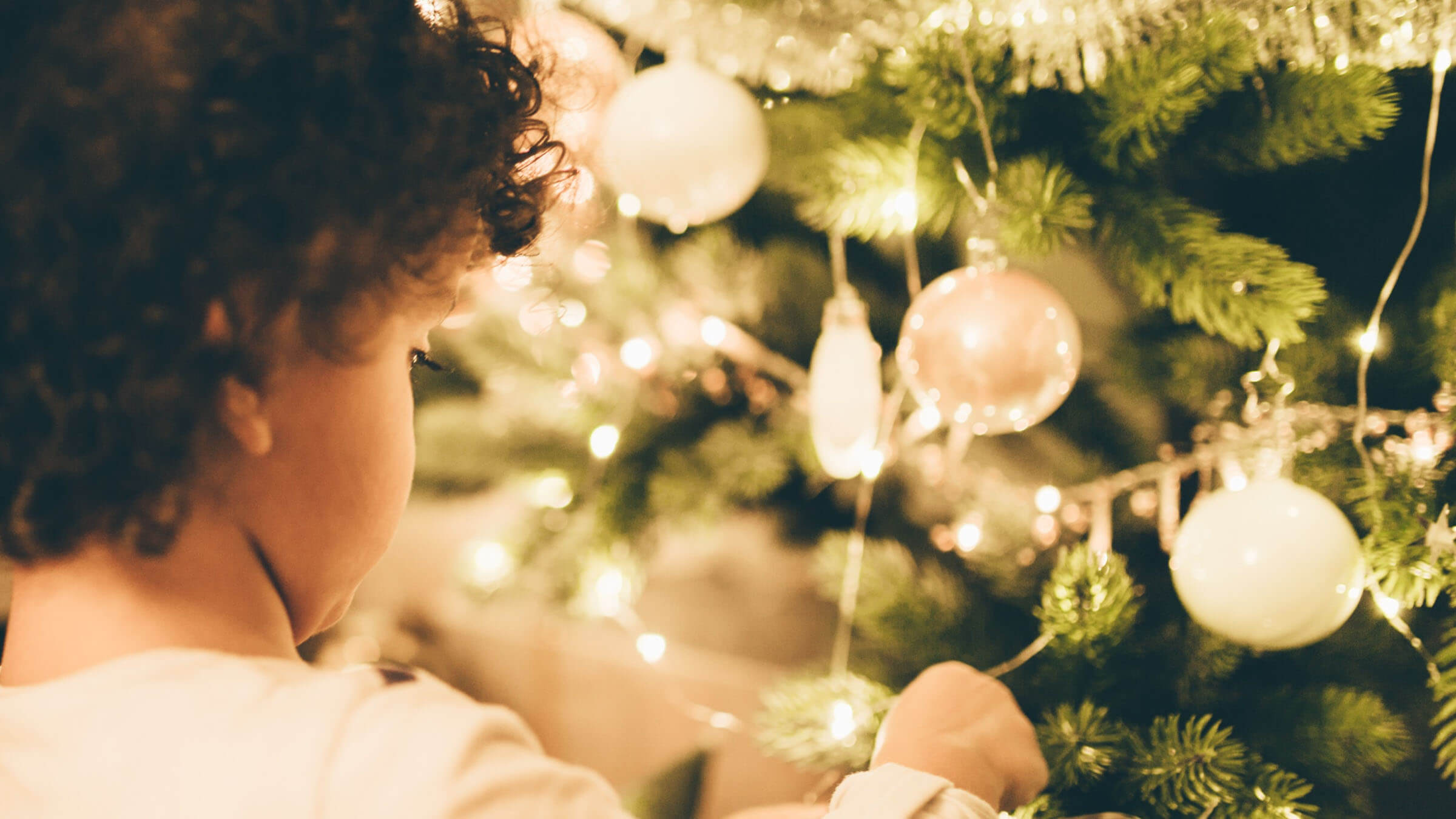

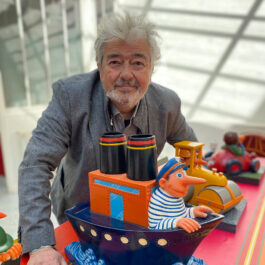
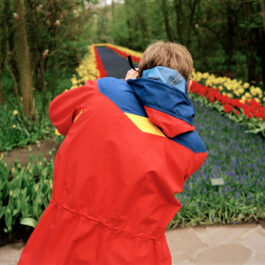



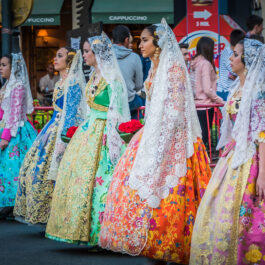
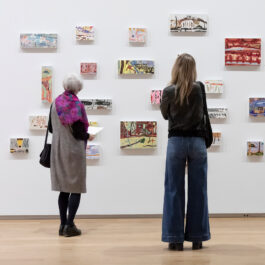
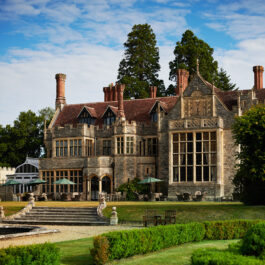



Sorry, the comment form is closed at this time.